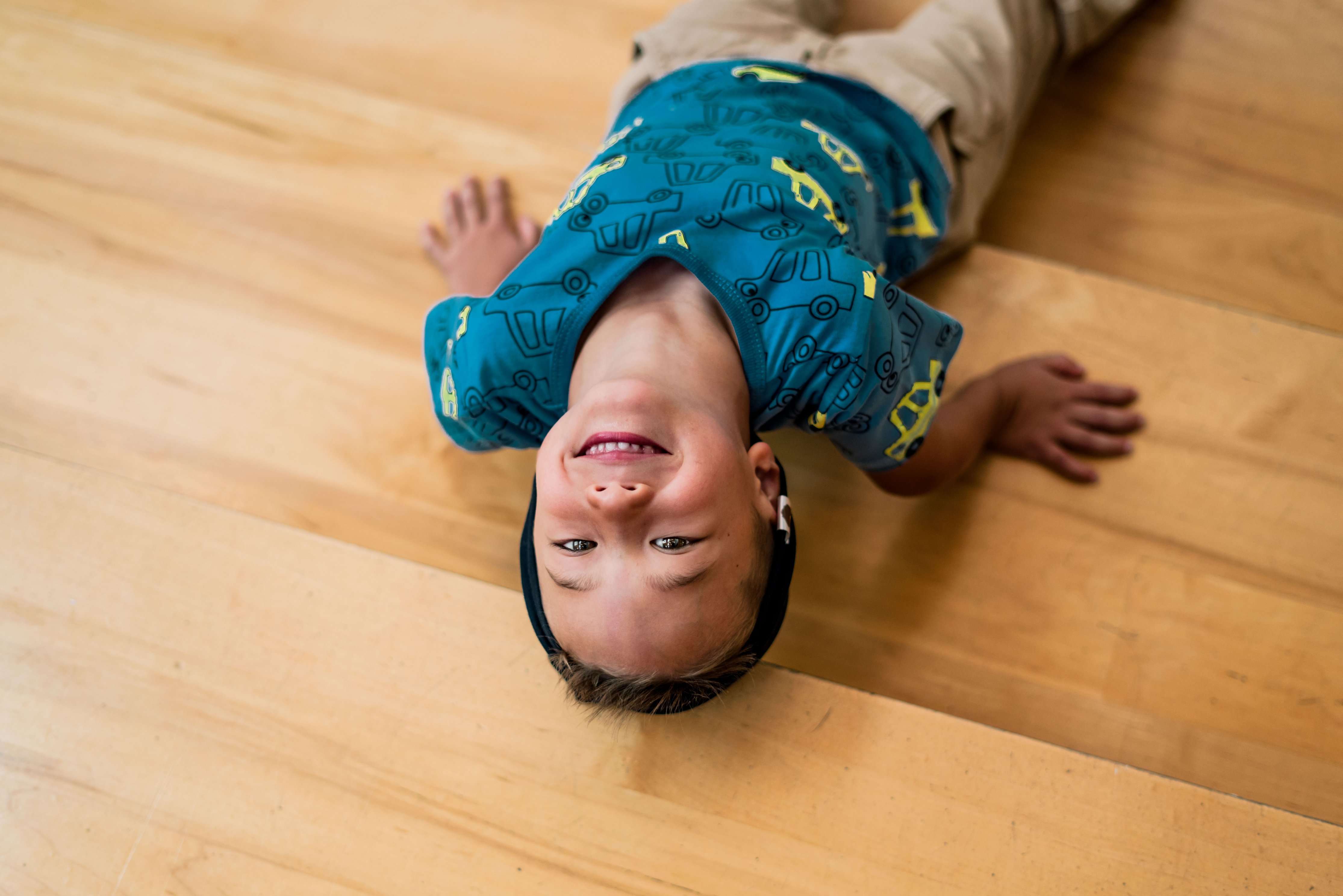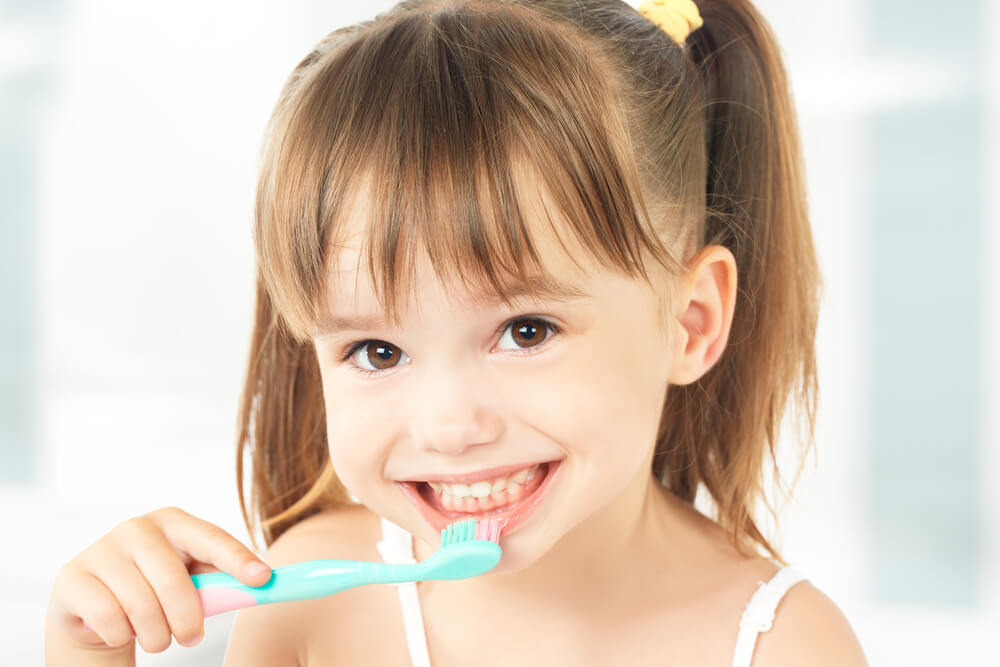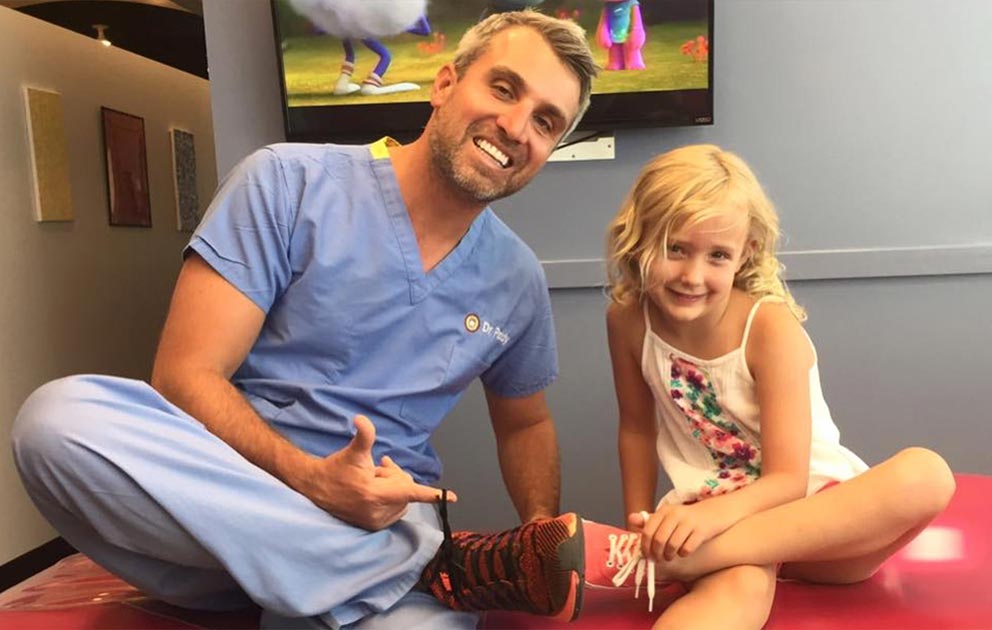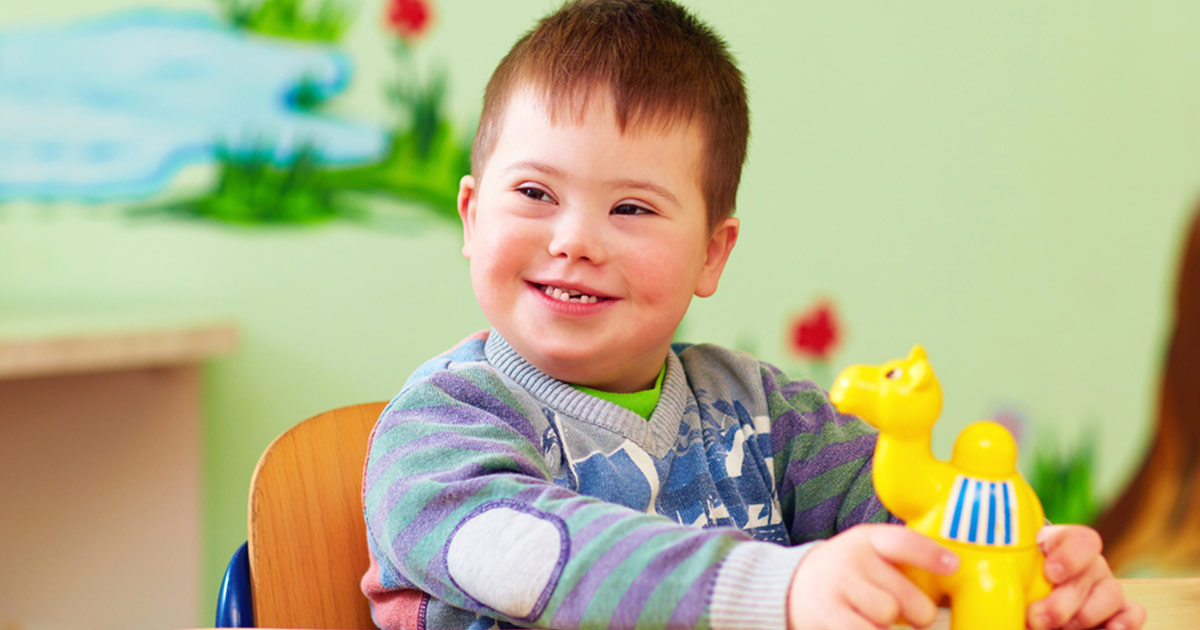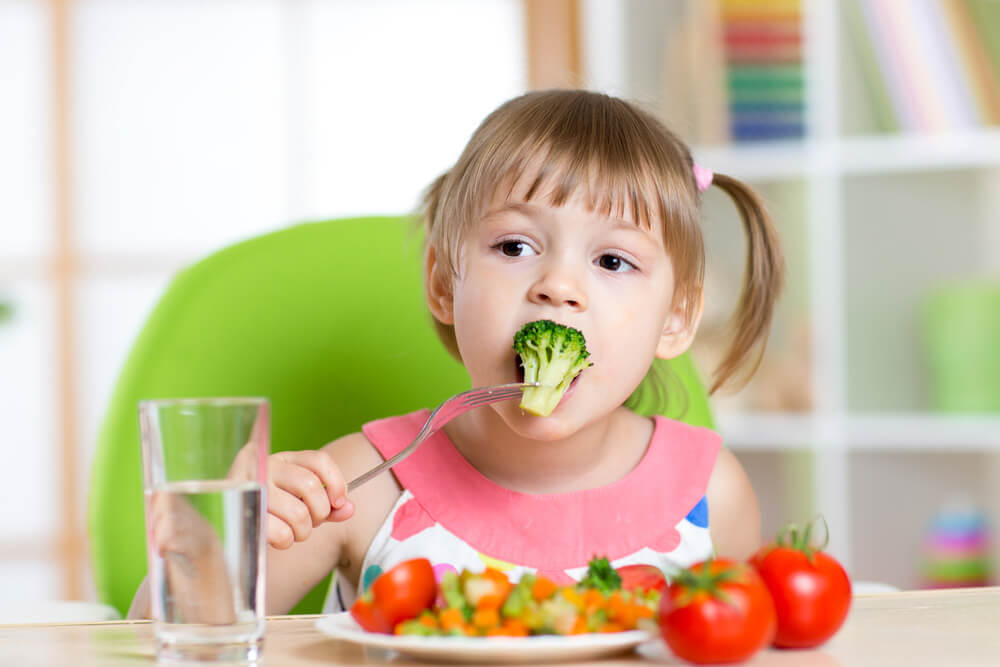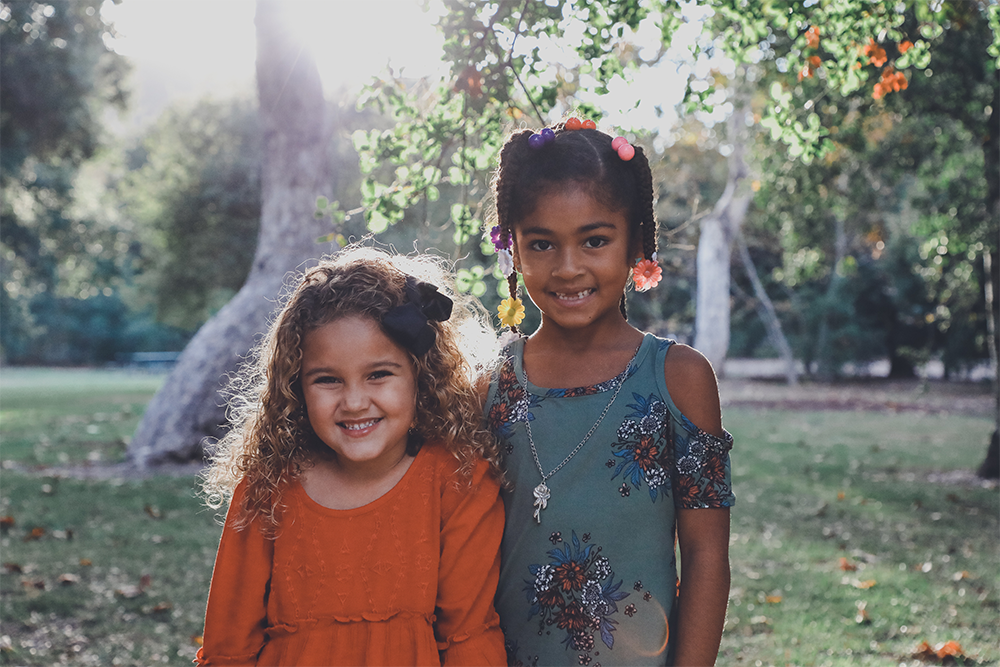
Laser dentistry is one of Dr. Paddy’s favorite innovations and not just because it sounds like something from a sci-fi movie (though that does give it some cool points). He also loves it because lasers help him perform all sorts of dental procedures with almost zero pain. In fact, we rarely have to give patients a shot of sleepy juice to numb them since, unlike with a drill, the technique doesn’t involve heat or vibration. At Kids Mile High, we offer pediatric WaterLase dentistry in Englewood, CO and Central Park, CO. Today, we’ll be covering how WaterLase works and why our patients and their parents are such big fans.
What is WaterLase Laser Dentistry?
We use both WaterLase MD and WaterLase iPlus lasers here at Kids Mile High. Though often referred to as laser dentistry, they’re actually types of water laser dentistry. So, what is water laser dentistry? Well, it relies on laser energy and water spray to help us perform different dental procedures on both the soft tissues, such as the gums, and the hard stuff like the teeth and bones.
The laser takes the place of other tools, including the drill and scalpel. Dr. Paddy uses the WaterLase hand piece to direct a concentrated beam of laser energy to the precise area of the tooth or gums that he’s treating. When the laser touches the surface, a reaction occurs with the water molecules and it can painlessly cut through the enamel or gum tissue. While the laser is doing its thing, a continuous spray of water cools the area, so no heat is felt, which is why it doesn’t hurt.
The pain associated with the drill is from the heat, vibrations and pressure. WaterLase has none of those things and when we use it for routine procedures like treating a cavity, the majority kids don’t need anesthetic. Bypassing the needles and the drill for any patient is a huge plus but it’s been particularly helpful for our littlest smiles. WaterLase lasers are safe and have been FDA-approved for treating kiddos and grown-ups.
Book a Consultation for WaterLase Dentistry Today!
What Treatments Can You Perform With WaterLase?
As a super duper water laser dentist, Dr. Paddy can use laser dentistry for a bunch of treatments. While you’ll want to schedule an appointment at KMH to see if your child is a candidate based on their needs, generally, these are some of the common WaterLase procedures we perform:
- Removing tooth decay and cavity preparation
- Frenectomy (releasing tongue- or lip-tie)
- Removing growths or extra tissue (like when we eliminate excess gum tissue that’s covering an un-erupted tooth)
- Gum disease treatment
- Treatment of mouth ulcers or sores
Why WaterLase Laser Dentistry?
Needles and conventional dental tools tend to give young patients anxiety. Hey, even adults aren’t usually fans. WaterLase laser dentistry provides us with an amazing alternative to seriously improve patient experience by leaps and bounds. Some of the biggest perks include:
- WaterLase is a lot more comfortable and pretty much painless.
- Most patients don’t require shots for restorative procedures like getting a filling when using laser dentistry.
- Minor surgery can also be done without shots or stitches.
- Since we don’t have to use anesthesia and the laser is really accurate, we can treat multiple areas in one visit as opposed to having to space it out over numerous appointments. This saves you time but also by cutting down on the number of visits, the WaterLase dentistry cost is comparable to that of other forms of treatment.
- We’re able to preserve more of the tooth’s natural structure and avoid injuries to the tongue, cheeks and lips because the laser is more precise than conventional tools, such as the drill.
- The laser is much quieter than the drill, making it ideal for infants and patients who are afraid of the dentist.
- The speed and comfort of laser dentistry ensures visits are stress-free for kids and parents.
- Lasers can reduce bacteria, which is especially helpful when dealing with tooth decay or gum disease.
- There’s less post-operative swelling, discomfort and bleeding and it encourages faster healing times.
- The laser boosts the bond strength of restorations for fillings that last longer.
- WaterLase can lessen the pain from ulcers or sores in the mouth and help facilitate healing.
- It’s versatile. We put our WaterLase machines into action for a wide variety of procedures involving the teeth, gums and bone.
If you’re interested in WaterLase laser dentistry for you child, Dr. Paddy or Dr. Castro will examine your child and come up with an accurate diagnosis. If WaterLase is the best treatment option, they’ll walk you through everything you need to know to help you make a confident decision about your child’s smile.




